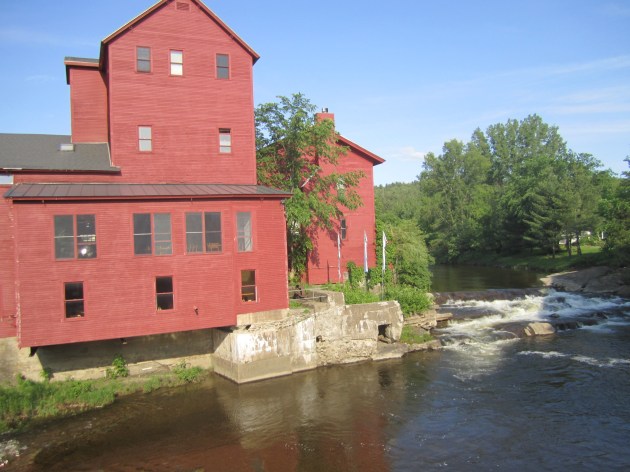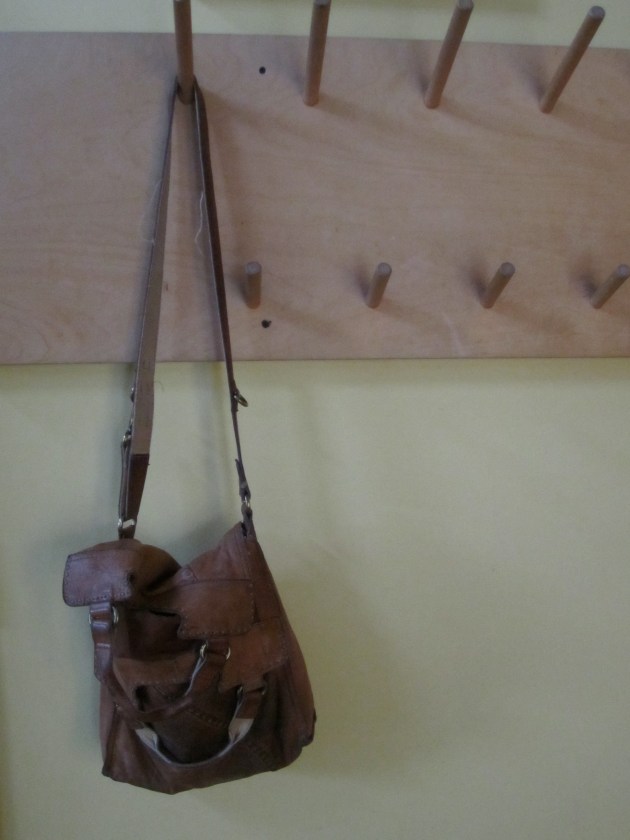What compels an artist to create art? Is it internal or external? Is it the environment, inspiration from peers and community members, or simply having the space, time and opportunity to work? What environment is most nurturing to art and what type? Do artists create better in urban centers, buzzing with life, where their daily peregrinations and haphazard meetings can be the source of inspiration? Or do they need peace, quiet, solitude, nature and focus? While I live and work in the first set of circumstances (Brooklyn has the highest per capita of artists of New York’s five boroughs), I’m curious about the second. Specifically, the intentional artist’s community.
This summer I am setting out to explore artist residencies, retreats or schools that have consciously built themselves away from urban environments. They are all situated in locations of surprising natural beauty, yet each has a particular history and offers artists a particular experience.
Places like MacDowell and Byrdcliffe reach back one hundred years or more, while others, like the Vermont Studio Center, reinvent the tradition. This summer I will be traveling to residencies, retreats, art schools and colonies in Vermont, New York State, New Hampshire and Maine, reaching out for work, but documenting these unique places for myself and for this project. I’m searching for insight into artistic inspiration, ideas about what binds an artistic community, and educating myself about an important tradition in the history of making art in the United States.
My first stop was a seven hour drive north of New York City to Johnson, Vermont, which is practically on the Quebec border. I visited the Vermont Studio Center, which is a relative newcomer to the artist residency scene, and was founded by artists in 1984. Housed in a series of old mill buildings, and even the old town hall, the Studio Center integrates with the tiny town of Johnson. The residency itself is very independent—residents, who are visual artists and writers—come together for meals and studio visits, but that’s about it. Otherwise, they work in their studios and many of them work to keep the residency running. The residents themselves are diverse and hail from all parts of the world and are at all stages of their careers as artists. Serious, community oriented, independent, all set in a very tranquil northern landscape of lush hills, rivers and forests. While I’m generally unmoved by northern landscape (having grown up in one), the Vermont Studio Center felt like an escape for me as well. I hope one day to return as a resident.












This is great! I will be attending Ox-Bow in Saugatuck, MI for a residency in July, and the campus there is fabulously summer camp-like. I love that it is isolated and in the woods, and that the artist can participate in the community there as much or as little as she likes.
Thanks, Amy! Have a wonderful time at Ox-Bow and congratulations! I’d love to see pictures from your time there and also hope you have a chance to create some great work!
This is a wonderful piece, a personally absorbing topic and your photos of this dear part of the world for me are breathtakingly beautiful. I feel like I could move away to a gorgeous artists’ community like that in a heartbeat, winters notwithstanding. I’ll be looking forward to the whole series of posts on the subject with great interest.
Thank you! It is such a wonderful part of the world and nice to visit in summer! The winter would be tough, but also helpful for getting work done! Stay tuned, Byrdcliffe is coming up in a few weekends, followed by MacDowell, Skowhegan and Haystack.
This is fantastic! I love reading about intentional communities (Staten Island has one of the oldest in New York, but it’s not exclusively for artists–www.ganas.org).
A friend of a friend is doing her PhD on women’s (and queer) farming intentional communities–haven’t seen her work yet, but the mutual friend does comics about their visits at http://elvis007.wordpress.com/
Thanks! That sounds like a really interesting PhD! And I like that it is chronicled in comics – very cool!